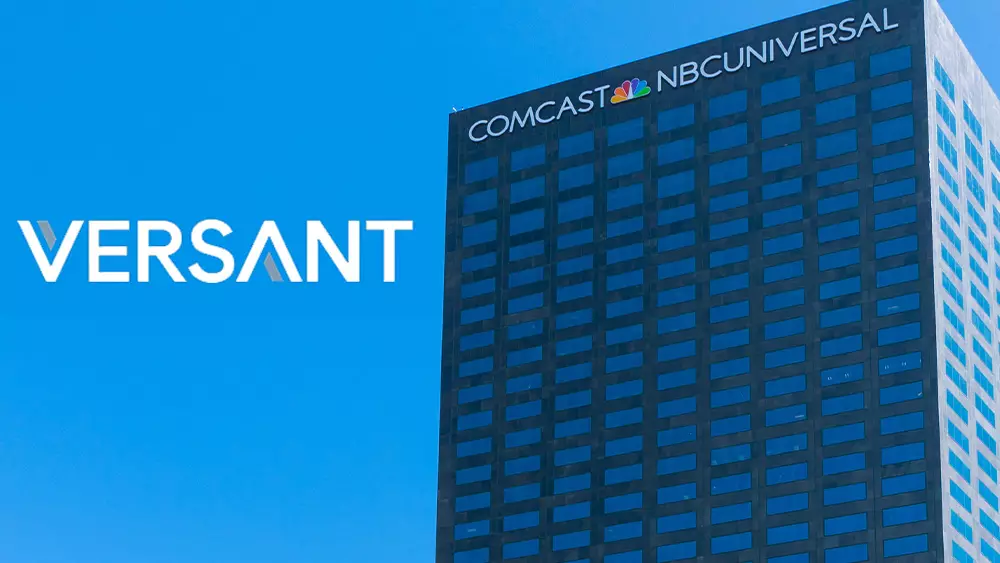In the fast-paced world of media and advertising, change is the only constant. Comcast’s recent decision to establish Versant, a cable spin-off, marks a significant turning point in how media companies approach advertising sales and revenue streams. This new entity, which is poised to enter the industry as a modern, streamlined operation, is not just a simple division; it represents a deliberate strategy to adapt to the evolving media landscape and address the challenges of traditional television.
A Strategic Partnership with NBCUniversal
Central to Versant’s launch is a two-year advertising sales agreement with NBCUniversal, which will oversee sales operations under its One Platform initiative. This partnership is not just a superficial arrangement; it symbolizes a deep-rooted alliance that leverages NBCU’s established reputation in advertising to bolster Versant’s market position. Mark Marshall, an industry stalwart, will helm the sales strategy, ensuring a cohesive approach that capitalizes on NBCU’s extensive assets, minus Bravo. This targeted focus on major networks is indicative of a trend where fewer brands mean more concentrated, high-impact advertising opportunities.
Navigating Industry Challenges
The traditional cable landscape is in a state of flux, grappling with declining viewership and diminishing ad revenues as audiences increasingly shift towards streaming services. However, Versant aims to tackle these challenges head-on. By disentangling its cable business from Comcast’s more dynamic segments, such as broadband and live sports, the spin-off seeks to streamline operations and enhance revenue generation. This move is courageous and reflects a growing recognition that the old models of media consumption are rapidly changing.
An Industry Veteran at the Helm
The transition of Tom Winiarski, from his role as President of Platform Monetization at NBCU to the newly minted position of EVP, Ad Sales Strategy, and Monetization at Versant, is another vital step. With 30 years in the industry, Winiarski brings invaluable expertise that is critical for navigating the complexities of ad sales in today’s fragmented media environment. His leadership will be paramount in shaping Versant’s advertising strategies, enabling the new company to craft innovative monetization methods that resonate with modern audiences and advertisers alike.
Ambitions for a Modern Media Company
Versant’s vision, as articulated by CEO Mark Lazarus, highlights the ambition to create a “new, modern media company” that is agile, responsive, and positioned for growth. This proactive approach includes cultivating partnerships that can catalyze investment and expand revenue streams. By focusing on key areas like news, sports, and entertainment, Versant aims to curate a portfolio that appeals to diverse viewer segments while ensuring that they capitalize on the iconic intellectual property that audiences already love.
This strategic spin-off is not merely about separating financials; it’s about reinventing the media business model for the future. As Versant prepares for its upcoming rollout, it will be closely watched by industry observers eager to see if this bold move can indeed pave the way for a new generation of media companies adept at thriving in a digital age.

